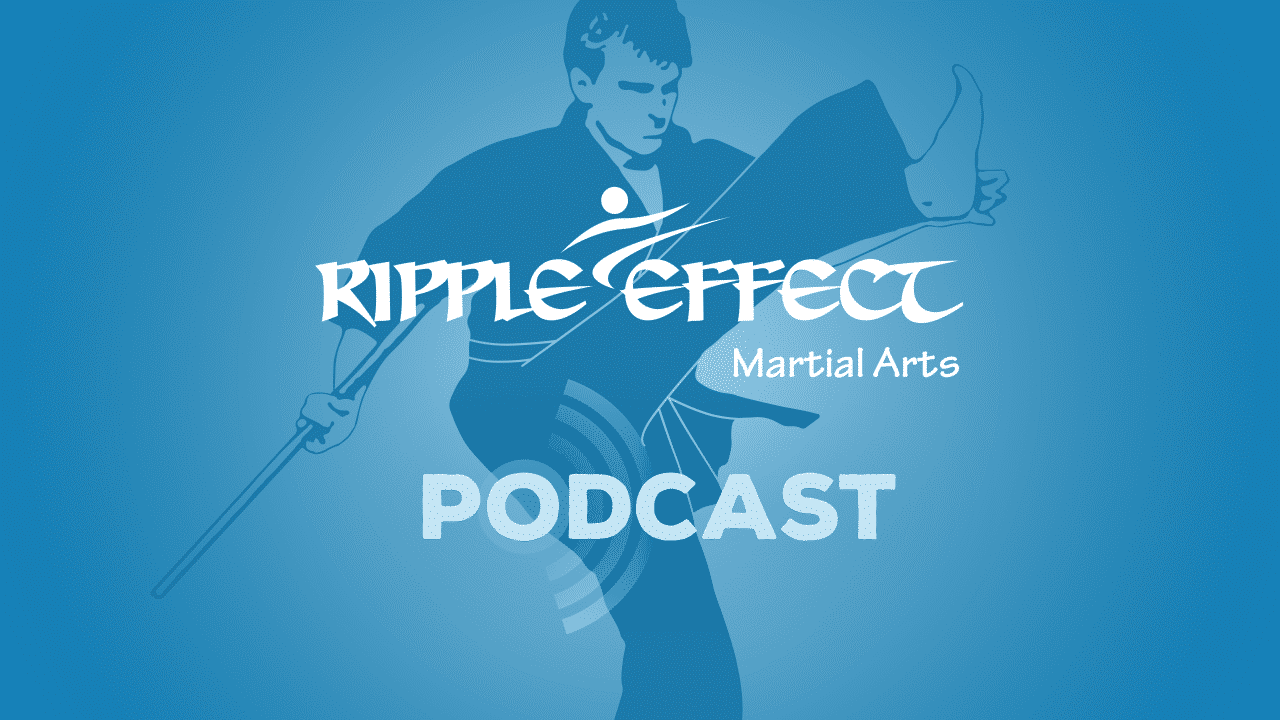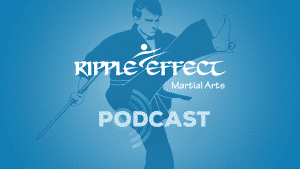What inspired you to write a book about leadership?
It’s a compilation of everything I’ve done over the past 15 years, teaching martial arts. I started saving the lessons, reusing them. I decided the best thing to do would be to create my own. [The book, Leadership: Creating Leaders One Black Belt at a Time, is inspired by] all that we teach kids about leadership in the karate schools. Goal-setting, neuro linguistic programming, everything martial arts teaches. It helps people create a class plan.
Is the audience teachers? Parents? Martial artists?
I give each of my students a copy of the book. Other karate instructors have bought it. I also give it out to principals, to teachers, to show them what we teach kids and how we teach it. It’s especially useful for teachers who are out to teach more than kicking and punching in the martial arts.
The reason we have such success with our students is that they’re learning these leadership skills at a very young age.
How did you get your start in the martial arts?
I started in Judo at the University of Florida while I was a student in Psychology. I loved it. But after I graduated, there was no Judo school or club to belong to. Years later I earned my black belt in Judo.
My husband and daughter started taking classes in Tang Soo Do in California, and I joined up. That’s been my main martial art ever since.
What are some of the skills kids learn, outside of punching and kicking, at Middleburg Martial Arts?
By the time all of our students are black belts, they can publicly speak. But it starts really slowly. They begin by sharing experiences, little artifacts. It starts by being more confident, speaking up in public, gaining confidence in kids that will help them down the road.
It’s so cool to learn and grow together. It’s the best for families to bond doing the same thing.
That is an amazing dynamic, how your kids turn into your teachers.
That happens a lot.
What inspires parents to join up?
The idea of a positive transformation.
You teach weapons skills. What’s your history with weapons?
We start with the staff in Tang Soo Do. Sword you don’t typically learn until black belt level. There are cane forms, as well. I’ve been working on my cane form for six years.
The history of these weapons forms is traditional farming. Bo staffs, scythes, these were used for practical reasons, then turned into weapons. Same with the cane.
The weapons training gives kids confidence. It lets you know that if you’re alone in a room, you can pick up anything practical and use it to protect yourself.
How does competition play into your teaching? Is it important?
Yes, I’m a fan of tournament competition because it teaches kids to practice and reap the reward of practice. There’s also that public speaking element; you have to keep your nerve while you perform in front of other people.
Do you have strong ties to the tradition of Tang Soo Do?
Yes. I started training in 1989 with Master DeBaca in California. He was so strict, so traditional, and if you didn’t train in the way he worked, you weren’t a student for very long. Every student needed to perform to this level.
What made you respond to this strict style of instruction?
Good question. I like the stress release of the training. I would go to karate and it made me better and made me stronger. The harder something is to get, the more it means to you. That’s the essence of earning a black belt.


